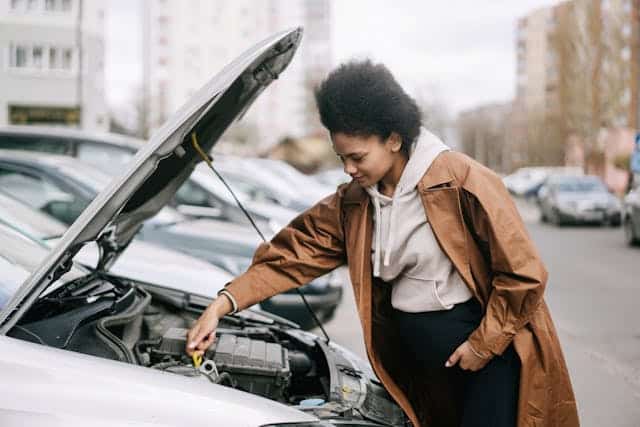Warranty and Guarantees: Understanding Your Coverage on Collision Repairs
 Navigating the aftermath of a vehicle collision often involves more than just addressing the immediate damage. Understanding the intricacies of warranties and guarantees associated with collision repairs is crucial for vehicle owners. These protections not only offer peace of mind but also ensure that the repairs are of high quality and that any subsequent issues are handled without additional costs. This article will help you understand the various types of warranties and guarantees, what they typically cover, and how to ensure that you fully benefit from them.
Navigating the aftermath of a vehicle collision often involves more than just addressing the immediate damage. Understanding the intricacies of warranties and guarantees associated with collision repairs is crucial for vehicle owners. These protections not only offer peace of mind but also ensure that the repairs are of high quality and that any subsequent issues are handled without additional costs. This article will help you understand the various types of warranties and guarantees, what they typically cover, and how to ensure that you fully benefit from them.
Types of Warranties and Guarantees
Manufacturer Warranties
Manufacturer warranties primarily cover defects in original parts and sometimes specific repairs related to these parts. When your vehicle undergoes collision repairs, it’s important to understand which aspects of these repairs are covered under the vehicle’s original manufacturer warranty. Often, using OEM (Original Equipment Manufacturer) parts can be crucial to maintaining this warranty.
Collision Repair Shop Guarantees
Many auto body shops offer their own guarantees on the work performed. These guarantees usually cover labor and materials for any repairs they have done. It’s essential to get a clear understanding of what each auto body shop offers, including the duration of the coverage and any exclusions that may apply.
Extended Warranties and Service Contracts
Extended warranties or service contracts can be purchased to cover repairs after the original manufacturer’s warranty expires. These warranties can be customized to cover various components and can vary significantly in terms of what they offer, so reviewing the details carefully before purchasing one is advisable.
What’s Typically Covered?
Paint and Body Work
Most collision repair shops will guarantee paint and body work. This includes matching the paint color and ensuring that no flaking, peeling, or dimpling occurs as a result of their work.
Parts
Depending on whether OEM, aftermarket, or used parts are employed, warranty coverage can differ. OEM parts are generally preferred for the best compatibility and quality, often coming with their own warranty. Aftermarket or used parts might have a separate or no guarantee, impacting the overall warranty of the repair.
Labor
Labor is typically guaranteed by the repair shop. This means that if a problem arises from incorrect installation or related issues, the shop will address these without additional charges.
Ensuring Full Coverage
Verify Shop Certifications
Choosing a certified repair shop is crucial, as certifications often align with higher standards of repair and warranty conditions. Certified shops are more likely to provide warranties that are comprehensive and trustworthy.
Review the Fine Print
Before agreeing to any repair work, review the fine print of the warranty or guarantee. Understanding the duration, what’s covered, and what actions might void your warranty is essential. Ask questions if certain terms or conditions are unclear.
Regular Maintenance
Follow any maintenance guidelines provided by the repair shop or manufacturer to ensure that warranties remain valid. Neglect or improper maintenance can often void warranty coverage.
Conclusion
Warranties and guarantees are vital considerations when navigating collision repairs. They protect your investment in your vehicle and ensure that repairs last without imposing additional costs down the road. By understanding the details of these warranties and how to maintain them, you can make informed decisions that keep your vehicle in optimal condition and value high.
